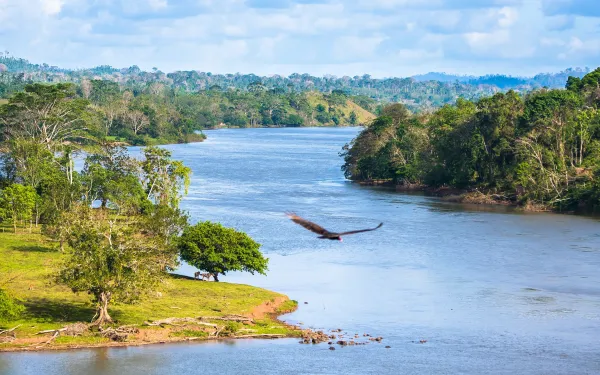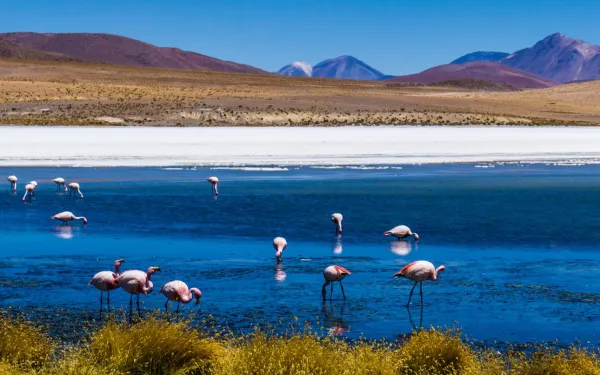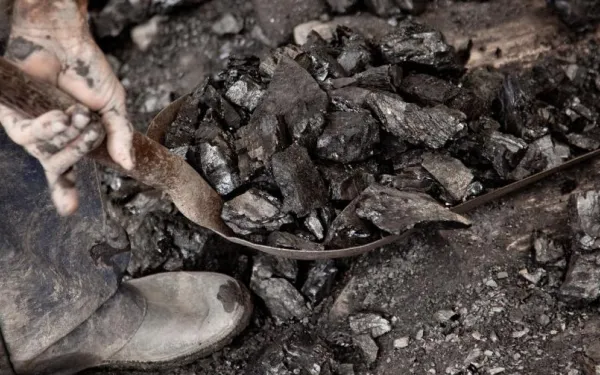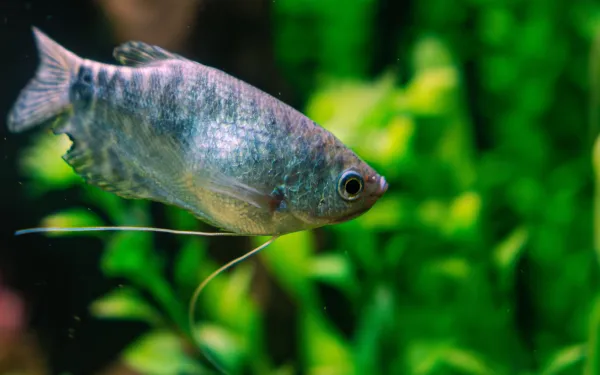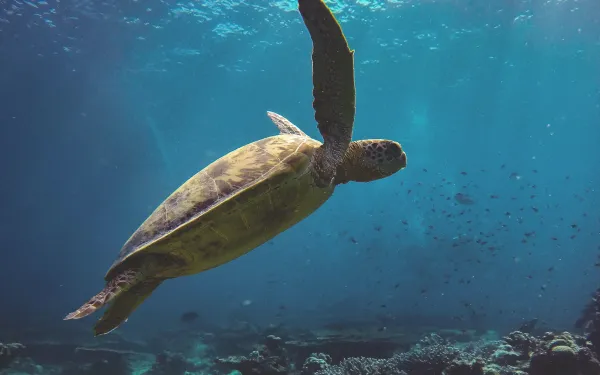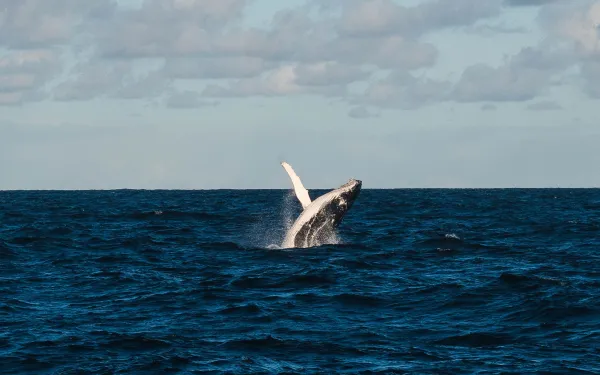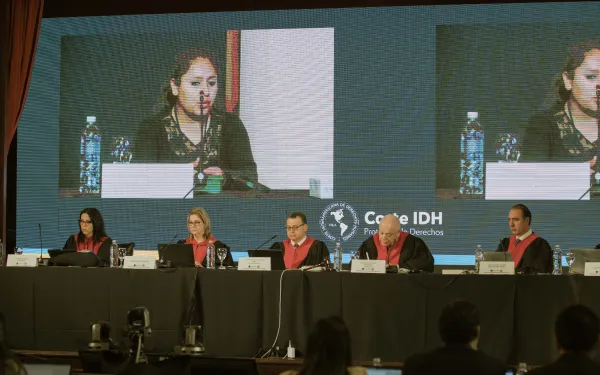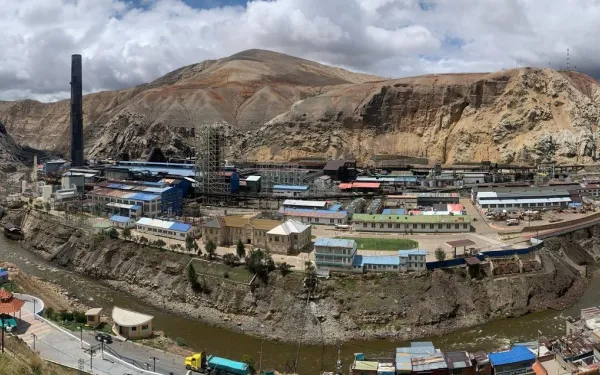
Inter-American Court ruling on La Oroya case sets key precedent for the protection of a healthy environment
The Court found Peru responsible for violating the rights of residents of La Oroya, who have been exposed to unsafe levels of toxic contamination for generations. San José, Costa Rica. The ruling of the Inter-American Court of Human Rights in the case "Community of La Oroya vs. Peru" sets an important precedent for the protection of the right to a healthy environment across the Americas and for adequate state oversight of corporate activities. The first-of-its-kind decision holds Peru accountable for its failure to protect the inhabitants of the Andean city of La Oroya who were exposed to toxic pollution from a smelter complex that operated without adequate pollution controls for a century.The Inter-American Court heard the case in a public hearing against Peru. In the absence of effective responses at the national level and on behalf of the victims, an international coalition of organizations filed a complaint against Peru before the Inter-American Commission on Human Rights in 2006. In October 2021, the Commission established the Peruvian government's responsibility in the case and referred it to the Inter-American Court. In October 2022, more than 16 years after the filing of the complaint, the victims presented the case before the Court in a public hearing, represented by the Interamerican Association for Environmental Defense (AIDA) and the Pro Human Rights Association (APRODEH), with the support of Earthjustice."This ruling is a very important step forward and a key precedent for environmental justice in Latin America, as it is the first case in which the Court recognizes a state’s responsibility for violating the right to a healthy environment and the impact this has on the guarantee of several other rights," said Liliana Avila, coordinator of AIDA's Human Rights and Environment Program. "The Court also referred to the collective and individual dimensions of this right, acknowledging the differential impact of its violation on children, women and the elderly, and the important role of environmental defenders."In its judgment, published on March 22, 2024, the international court established the Peru’s responsibility for the violation of the rights to a healthy environment, health, personal integrity, life with dignity, access to information, political participation, judicial guarantees and judicial protection of the 80 people involved in the case; for the violation of the rights of the children of 57 victims; and for the violation of the right to life of two victims. The Court also concluded that the State was responsible for violating the obligation of progressive development by adopting regressive measures in environmental protection."The decision is a fundamental precedent in international law that establishes the parameters of the State's obligation to regulate, control and remediate the effects of environmental pollution, as well as the obligations derived from the right to a healthy environment as an autonomous right and its interdependence and indivisibility with other fundamental rights of human existence, such as health, life and personal integrity," said Christian Huaylinos, Legal Coordinator of APRODEH. "It is also a great satisfaction for the victim’s two decades long struggle.”For more than 20 years, the residents of La Oroya have been seeking justice and redress for the widespread contamination caused by the La Oroya smelter complex, which was operated by Doe Run Peru from 1997 to 2009. The town has been recognized as one of the most polluted places on the planet."Twenty years ago, when this fight started, I was carrying my banner saying that the health of the children is worth more than gold," recalls Don Pablo, a resident of La Oroya. "We never gave up, and now I am very happy with the Court's decision."In the judgment, the Court ordered the State of Peru to adopt comprehensive reparation measures for the damage caused to the population of La Oroya, including identifying, prosecuting and, where appropriate, punishing those responsible for the harassment of the victims; determining the state of contamination of the air, water and soil and preparing an environmental remediation plan; providing free medical care to the victims and guaranteeing specialized care to residents with symptoms and illnesses related to contamination from mining and metallurgical activities; ensuring the effectiveness of the city's warning system and developing a system for monitoring the quality of air, water, and soil; ensuring that the operations of the La Oroya Metallurgical Complex comply with international environmental standards, preventing and mitigating damage to the environment and human health; providing monetary compensation to victims for material and non-material damages."What we expect now is that the ruling will be implemented, that for the first time the State will fulfill its obligations and guarantee our rights as environmental defenders," said Yolanda Zurita, a resident of La Oroya and a petitioner in the case. "Compliance with this ruling is the least we expect from a state that is committed to guaranteeing the rights of its citizens."Since 1999, the government of Peru has known that almost all the children living near the complex suffer from lead poisoning yet failed to offer proper medical care and remediation. For decades, the population of La Oroya was exposed to extreme levels of lead and other harmful contaminants, including arsenic, cadmium, and sulfur dioxide. Nearly all the children in the case have had lead and other heavy metals in their blood at concentrations many times higher than the guidelines established by the World Health Organization. And many residents suffer from chronic respiratory illness, in addition to stress, anxiety, skin problems, stomach problems, chronic headaches, and heart problems, among others."This ruling issues a warning to governments across the Americas that they cannot sit idly by while multinational corporations poison local communities. Corporations will now be on notice that exposing families to unhealthy levels of industrial pollution is a violation of international law and governments must hold polluters accountable,” said Jacob Kopas, Earthjustice senior attorney. ResourcesCourt's press release on the judgment, available here (in Spanish).Official summary of the judgment, available here (in Spanish).Full text of the judgment, available here (in Spanish).Background information on the case, available here.Folder with photographs, available here.Press contactVíctor Quintanilla-Sangüeza (Mexico), AIDA, [email protected], +521 70522107
Read more
